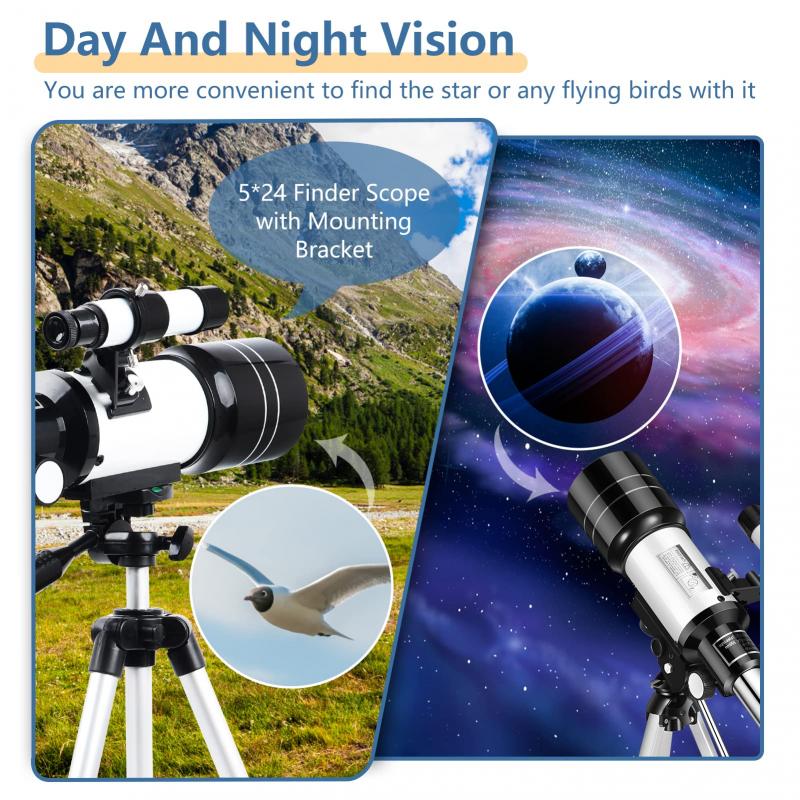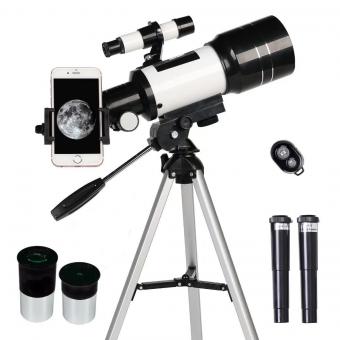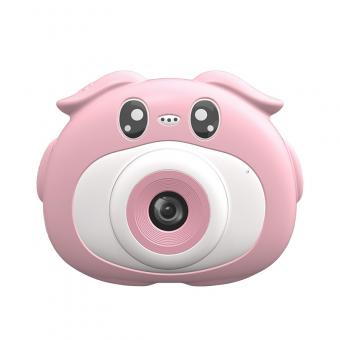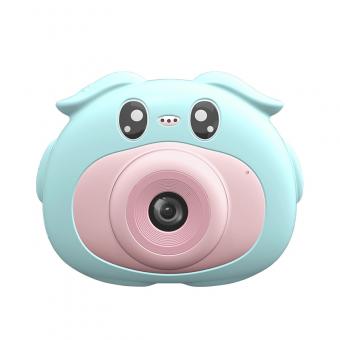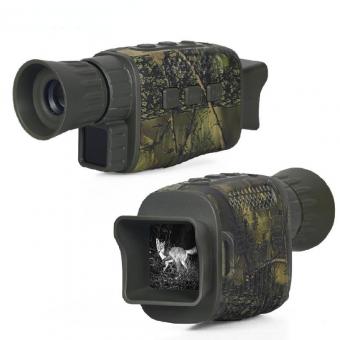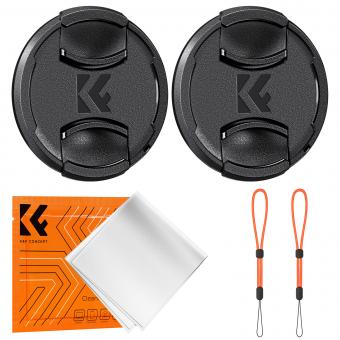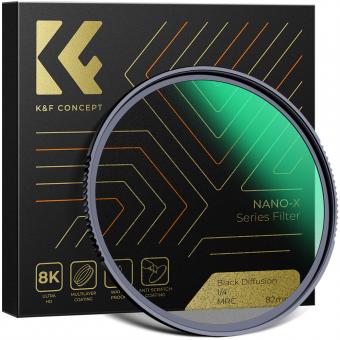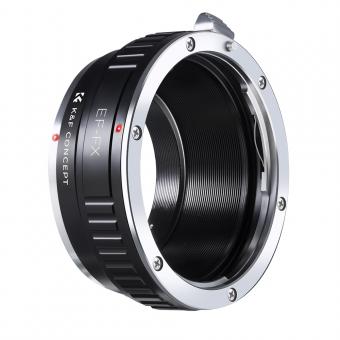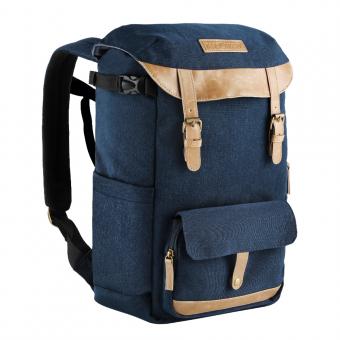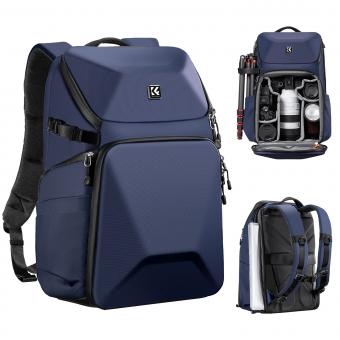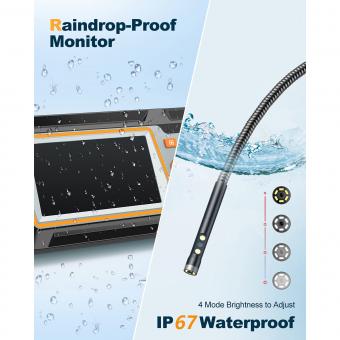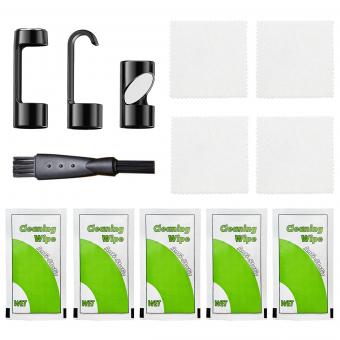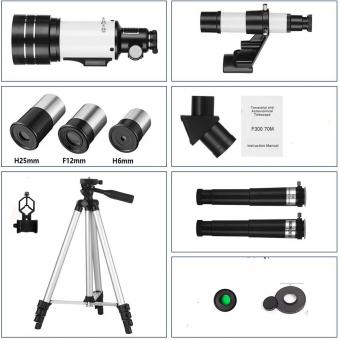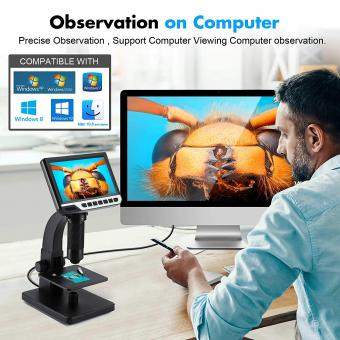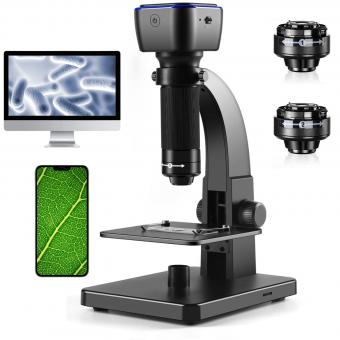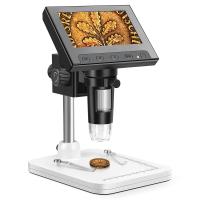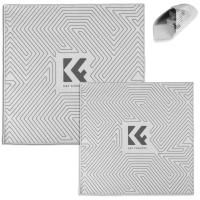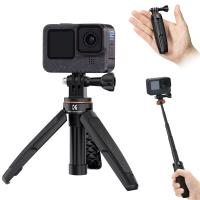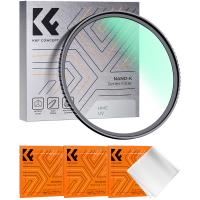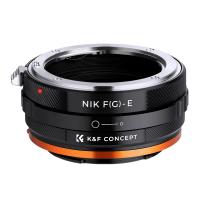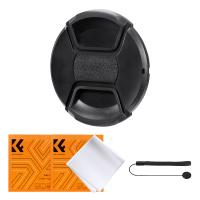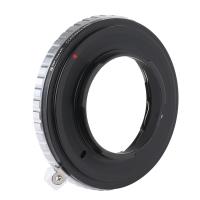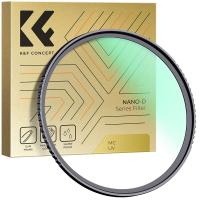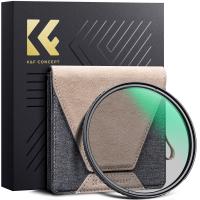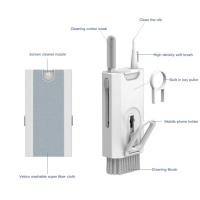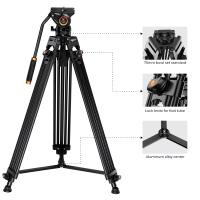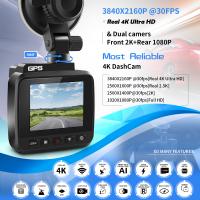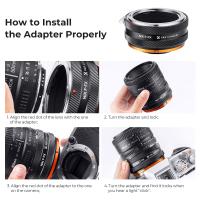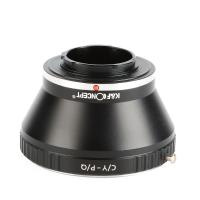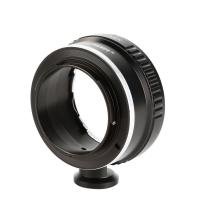Are Spotting Scopes Good For Astronomy?
Spotting scopes can be used for astronomy, but they are not the best option. Spotting scopes are designed for terrestrial viewing, such as bird watching or nature observation, and have a limited field of view and magnification range.
For astronomy, telescopes are the preferred choice as they have a larger aperture and longer focal length, allowing for better light gathering and higher magnification. Additionally, telescopes are designed to track celestial objects as they move across the sky, which is not a feature of spotting scopes.
However, if you already have a spotting scope and want to use it for astronomy, it can still be a useful tool for observing the moon and some planets. Just keep in mind that the image quality and magnification will not be as good as with a telescope.
1、 Magnification and Aperture
Magnification and Aperture are two important factors to consider when choosing a spotting scope for astronomy. Spotting scopes with higher magnification allow for closer views of celestial objects, while larger apertures allow for more light to enter the scope, resulting in brighter and clearer images.
However, it is important to note that spotting scopes are not specifically designed for astronomy and may not provide the same level of clarity and detail as a dedicated astronomical telescope. Spotting scopes also tend to have a narrower field of view, making it more difficult to locate and track celestial objects.
That being said, some spotting scopes do have features that make them suitable for astronomy, such as angled eyepieces and the ability to attach a camera for astrophotography. Additionally, they are often more portable and easier to set up than traditional telescopes, making them a good option for stargazing on-the-go.
In recent years, there has been a growing trend of using spotting scopes for astronomy, particularly among amateur astronomers. While they may not provide the same level of performance as a dedicated telescope, they can still offer a rewarding viewing experience and are a more affordable option for those just starting out in astronomy.
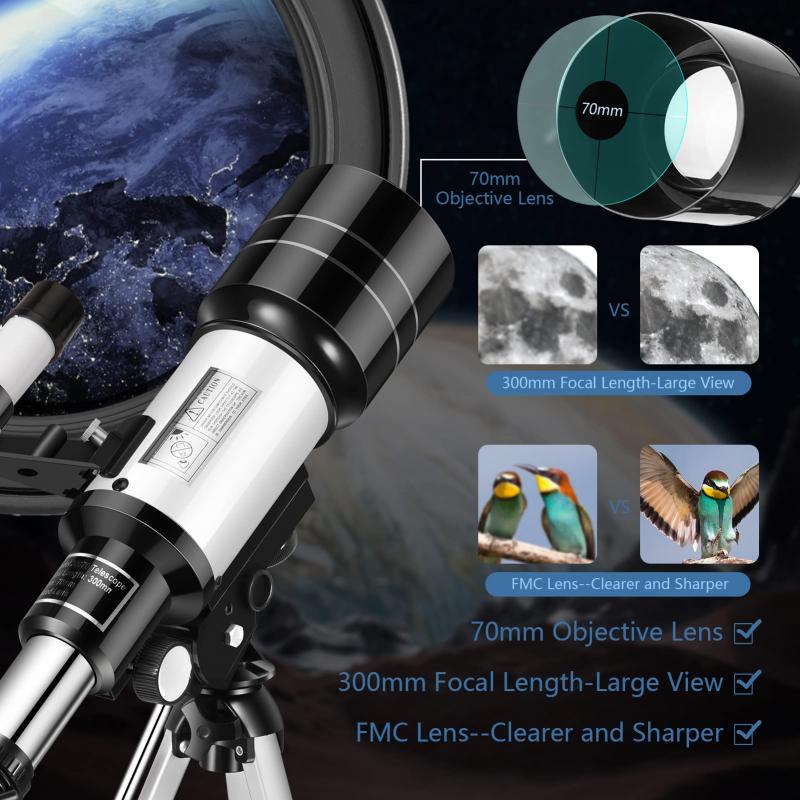
2、 Image Quality and Clarity
Spotting scopes can be good for astronomy, but it depends on the specific model and its features. Generally, spotting scopes are designed for terrestrial use, such as bird watching or hunting, and may not have the same level of magnification or clarity as a dedicated astronomical telescope.
However, some spotting scopes do have high-quality optics and can provide clear and detailed views of celestial objects. These scopes typically have larger objective lenses and higher magnification capabilities, which allow for better light gathering and sharper images.
Additionally, some spotting scopes are designed specifically for astronomy and have features such as angled eyepieces and slow-motion controls that make them easier to use for stargazing.
It's important to note that while spotting scopes can be a good option for astronomy, they may not be as versatile as a dedicated telescope. Spotting scopes are typically designed for daytime use and may not be suitable for observing faint objects or deep-sky targets.
Overall, if you're looking for a versatile tool that can be used for both terrestrial and astronomical viewing, a high-quality spotting scope may be a good choice. However, if you're primarily interested in astronomy, a dedicated telescope may be a better option.
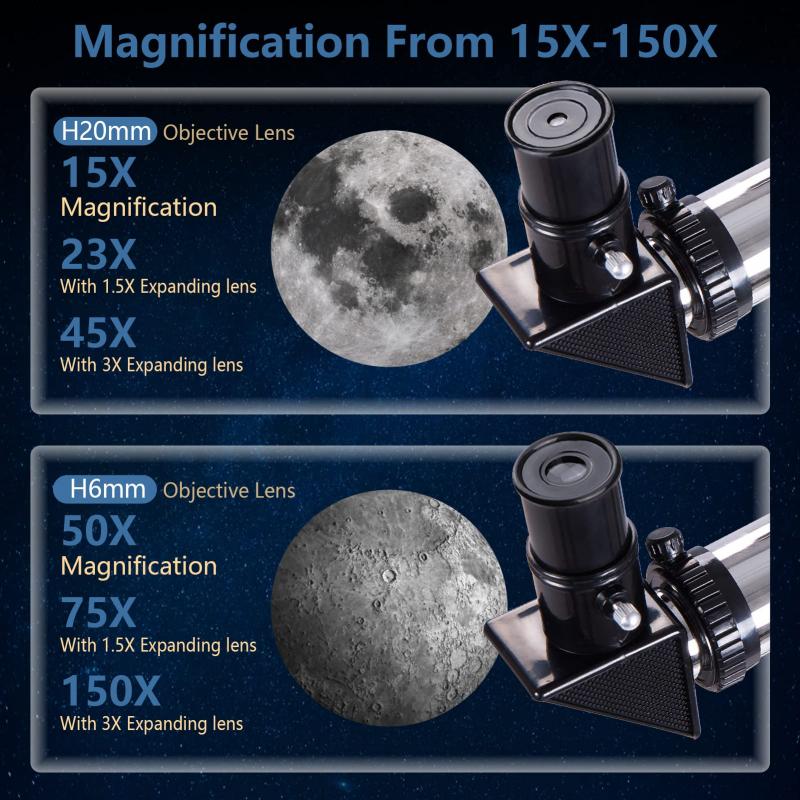
3、 Portability and Ease of Use
Portability and Ease of Use are two key factors that make spotting scopes a good option for astronomy. Spotting scopes are designed to be lightweight and compact, making them easy to transport and set up in the field. They also typically have a simple and intuitive design, with easy-to-use controls that allow users to quickly adjust the focus and magnification.
In recent years, there has been some debate among astronomers about the effectiveness of spotting scopes for astronomy. Some argue that the smaller objective lenses and lower magnification of spotting scopes make them less effective than traditional telescopes for observing celestial objects. However, others point out that spotting scopes can be a great option for beginners or for those who want a more portable and affordable alternative to a full-sized telescope.
Ultimately, the effectiveness of a spotting scope for astronomy will depend on a variety of factors, including the quality of the optics, the size of the objective lens, and the magnification range. However, for those who prioritize portability and ease of use, a spotting scope can be a great option for exploring the night sky.
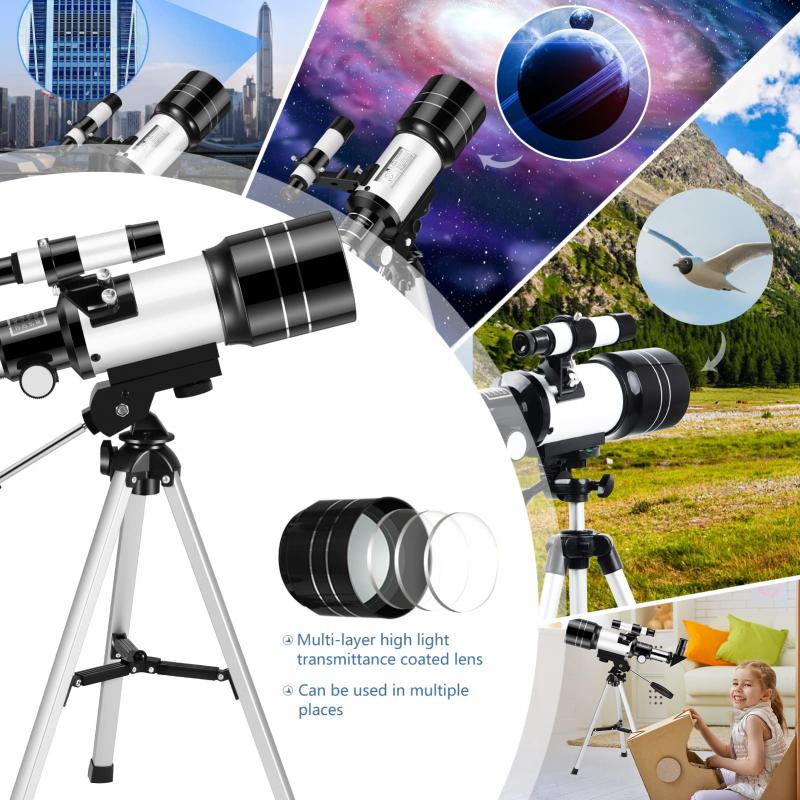
4、 Mounting and Stability
Spotting scopes can be used for astronomy, but their effectiveness depends on several factors. One of the most important factors is mounting and stability. Spotting scopes are designed for terrestrial use, and they are not optimized for astronomical observations. Therefore, they require a stable mount to minimize vibrations and ensure accurate pointing.
There are several types of mounts that can be used with spotting scopes for astronomy, including alt-azimuth mounts, equatorial mounts, and tripod mounts. Alt-azimuth mounts are the simplest and most common type of mount, but they are not ideal for astronomy because they do not track the motion of the stars. Equatorial mounts are more complex but offer better tracking and are more suitable for astronomy. Tripod mounts are also popular and provide a stable platform for the spotting scope.
In recent years, there has been a growing trend towards using spotting scopes for astronomy, especially for beginners who are looking for an affordable and portable alternative to telescopes. However, it is important to note that spotting scopes have limitations when it comes to astronomical observations. They have smaller apertures and lower magnification compared to telescopes, which means they are not suitable for deep-sky observations. Additionally, they may not provide the same level of image quality and clarity as telescopes.
In conclusion, spotting scopes can be used for astronomy, but their effectiveness depends on several factors, including mounting and stability. While they may not be as powerful as telescopes, they offer a portable and affordable option for beginners who are interested in exploring the night sky.
